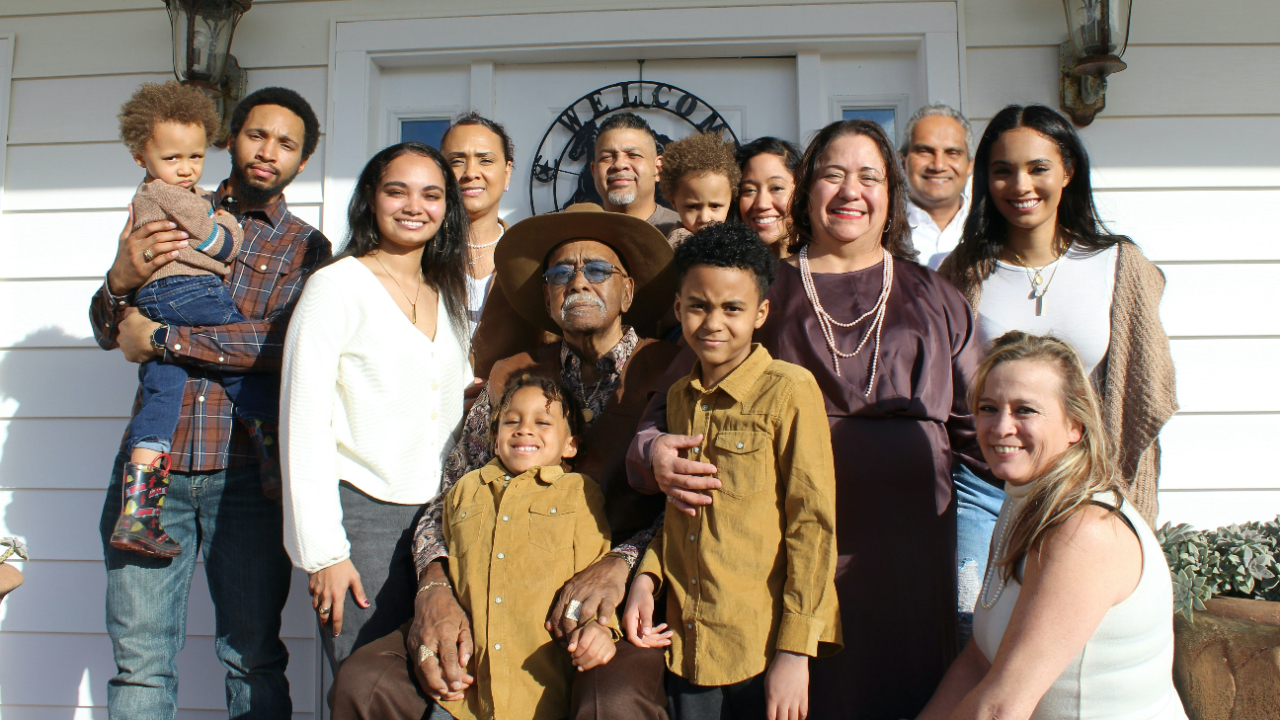Breaking Generational Trauma: Tools for Healing and Rebuilding Healthy Family Dynamics

By: Melissa Rivera-Smith, LPCMH
EMDR Trained
What is Generational Trauma and how does it show up?
Generational trauma, also known as intergenerational or transgenerational trauma, refers to the long-lasting psychological, behavioral, and emotional effects of trauma passed down from one generation to the next. It often stems from extreme conditions such as wars, discrimination, poverty, physical or sexual abuse, domestic violence, slavery, or natural disasters. Clients affected by generational trauma may present similarly to those who have directly experienced traumatic events. Therefore, it is important to recognize key indicators in their thought processes, behaviors, and emotional responses. As a clinician, it is important to consider a client’s family history as part of case conceptualization. Gathering a thorough family history, including details about family dynamics, experiences, and significant life events—such as those highlighted in the Adverse Childhood Experiences (ACE) scale—can provide valuable insights.
Some questions I like to keep in mind when assessing for generational trauma are:
- What emotional symptoms are they presenting with? Do their emotional responses seem disproportionate to current situations? Is there pervasive anxiety or depression?
- What behavioral patterns do you notice? Is there substance abuse or self-harm? Are there patterns of avoidance? Are there interpersonal difficulties or trust issues?
- What are their coping mechanisms? Do they tend to rely on unhealthy coping, use of escapism, or struggle with stress management?
- What do I observe about family dynamics? Are there patterns of codependency or enmeshment? Is there a lack of emotional safety within the family? Are there unresolved family issues that show up in therapy often?
- Do they report somatic symptoms? Do they struggle with physical symptoms that have no known medical cause? Can somatic symptoms be linked to emotional distress?
- Do they present with identity or cultural struggles? Do they express internal conflicts related to cultural identity or cultural/historical events? Do they struggle with self-worth rooted in familial narratives?
- What intergenerational patterns do you notice? Are there repeated patterns of abuse, mental health, or relational difficulties across generations?
Impact of Generational Trauma on Individuals and Families
Generational trauma can manifest in many ways, including depression, anxiety, impaired life skills, depersonalization, or PTSD symptoms, among others. Studies indicate that individuals with generational trauma are at higher risk of physiological issues, such as autoimmune diseases, heart disease, chronic pain, obesity, and addiction. Generational trauma can have a profound impact on families, shaping their emotional, psychological, and relational dynamics. Individuals grappling with unhealed or unacknowledged generational trauma often struggle with emotional expression, which can manifest as heightened anxiety, anger, or depression. These patterns of behavior, initially developed as responses to trauma, can significantly affect family interactions. To cope with the emotional pain stemming from past traumas, family members may adopt unhelpful coping mechanisms such as aggression, avoidance, or substance abuse. Subsequently, these patterns are modeled, internalized, and repeated across generations. Parents affected by generational trauma may unintentionally pass on unresolved issues to their children through parenting styles ranging from overprotectiveness to neglect.
Tools for Healing and Rebuilding Family Dynamics – Breaking the Cycle!
Healing generational trauma can be a complex process that requires a variety of tools and approaches. Here are some key therapeutic approaches:
- Building Awareness: Recognition of trauma patterns within the family systems and how it impacts their life is the first step to starting the healing process and breaking the cycle.
- Psychoeducation: Providing clients with information about generational trauma, its impact on overall functioning, and how it manifests in behaviors can empower individuals and families to break the cycle.
- Trauma-informed Therapy: Establishing trust and safety within the therapeutic process and utilizing approaches like EMDR, IFS, and somatic therapy can help clients process and manage trauma.
- Family Therapy: Teaching family members how to express their feelings and needs openly and safely can improve future interactions and heal old generational patterns.
- Narrative Therapy: Encourages clients to reframe their experience by developing a positive narrative about their trauma and family history.
- Mindfulness and Grounding: practices like yoga, meditation, mindfulness, deep imaginings, and deep breathing can help reduce anxiety and regulate emotions.
- Setting boundaries: Working with clients to establish boundaries with their families that promote respect, safety, and autonomy. Boundaries are meant to help clients feel valued and heard in their relationships.
- Cultural sensitivity: It is important to consider cultural context when working with generational trauma as different cultures have unique ways of experiencing or addressing trauma. This is not one-size-fits-all! Cultural factors like beliefs and traditions can influence how trauma is understood, experienced, and managed.
Conclusion
Generational trauma is a complex issue that impacts individuals and families like a ripple effect throughout generations. However, we as therapists have a unique opportunity to educate, provide a safe space, and provide the support and therapeutic interventions needed to break the cycle!
If you’re interested in knowing more about generational trauma, I recommend the following books:
“It Didn’t Start with You.” – Mark Wolynn
“You Are Not Your Mother.” – Karen C.L. Anderson
“Healing Ancestral Family Patterns. – Dr. Steven Farmer
References
ACEs Aware. (2025, March 26). Home - ACEs aware. https://www.acesaware.org/
Gillespie, C. (2025, March 13). What is generational trauma? Health. https://www.health.com/condition/ptsd/generational-trauma
Team, S. C. (2025, February 5). Generational Trauma: Breaking the cycle. Sandstone Care. https://www.sandstonecare.com/blog/generational-trauma/
Therapist, M. G. Q. L. M. a. F. (2023b, September 15). Intergenerational trauma: Recognize these signs & symptoms. Michael G. Quirke, MFT. https://michaelgquirke.com/recognize-these-intergenerational-trauma-signs-symptoms/

